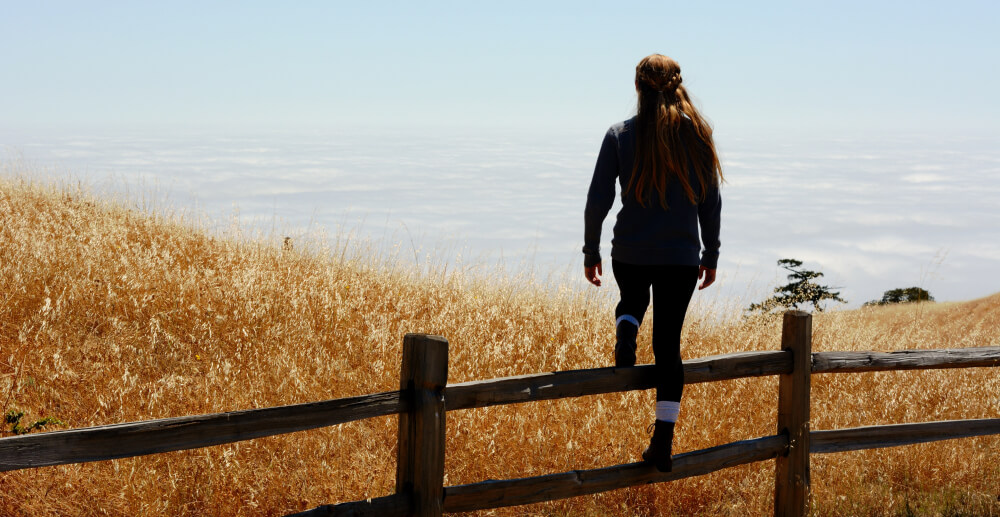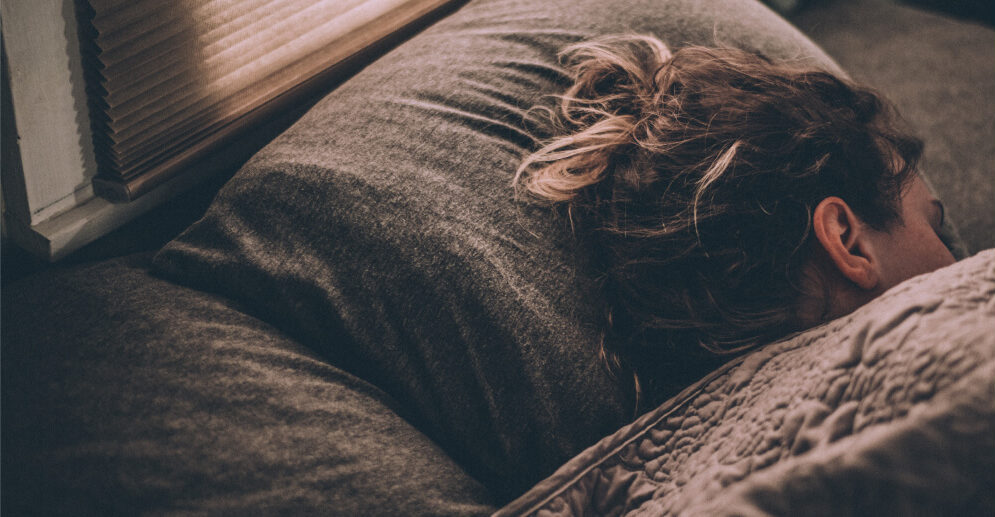Zoombombing is a new phenomenon that began during the 2020 COVID-19 lockdown as zoom traffic increased.
My sponsor was slated to speak at the first Zoom meeting of a Saturday night 12 step group. The secretary had never done a Zoom meeting before and was understandably nervous. As people logged on 10 minutes early, she familiarized herself with the controls, muting and unmuting members. Once 300 people joined, she closed the meeting. But as she was getting ready to introduce my sponsor, the entire meeting heard a voice making homophobic and racist epithets. As the secretary panicked and tried to mute the sound, the voice said, “Dumb bitch thinks she has control of the meeting”. A banner came up that read everybody was muted but the voice kept going on about the secretary’s “tits” and continuing with the horrific insults. Members got upset, yelling “Get out of here”, “Peoples’ lives are at stake”, “Why are you doing this?”. My sponsor then called the secretary on her cell phone. “They have gained access to the host controls,“she said frantically, so he suggested she terminate the meeting.
Unfortunately, this is not the only episode I’ve recently heard about. As schools, work, recovery groups, and churches have gone online during the COVID-19 epidemic, “zoombombing” has become widespread — the flashing of pornographic images, people pouring booze over themselves and threatening to light themselves on fire, trolls spewing foul things to attendees in the chatbox.
It’s a whole new virtual world. But just as people are learning the technology to connect and work in quarantine, they’re having to figure out how to safeguard their meetings as well, by bringing in tech people, not publicly publishing zoom id’s, creating passwords, etc. (There are numerous articles online about how to protect your zoom event from crashers like this one about how to protect your 12 step meeting from online trolls or how to keep uninvited guests out of your zoom meeting and I’m no techie so I’m not going to cover that here.)
Granted there have always been online trolls (Twitter is one of their more favorite spots) but who are these people and what’s their motivation?
I asked applied science writer Amy Alkon, author of the “science-help” book, “Unf*ckology: A Field Guide to Living with Guts and Confidence,” for insight. Alkon explains that “There’s likely a combo platter of dark-side personality traits in people who Zoombomb 12-Step meetings. Narcissism is certainly one of them. It’s reflected in egotism, a lack of empathy, and grandiosity — an inflated sense of self that can lead to ugly, anything goes behavior.” She added that another part of this this is something called “everyday sadism” which is basically “getting pleasure from causing others pain”.
Okay but why now? Because they’re bored or lonely or miserable or scared? That might be part of it but there’s a simpler answer according to Alkon. “Opportunity just opened up. Zoom became newsworthy and countless businesses and recovery groups and schools started using it to replace in-office or in-person meetings.”
“They’re the same rotten people as ever, “ she continued. “A new medium just opened up for their rottenness. It’s kind of like how there were no car thieves before the invention of the automobile.”
I feel that this new phenomenon is especially unfortunate for recovery meetings. As meetings buckle down with one-time links to register or passwords that are given out via text or FB messenger, people who are new to sobriety or new to a meeting don’t have the “in”. I received a message on Twitter from a sober woman asking me for the passwords to different LA meetings which I, unfortunately, didn’t have. Thankfully most meetings are not doing this, becoming secretive or going underground. Access to recovery shouldn’t be a result of special networking or knowing the secret password like some VIP back room of a NY nightclub.
My sponsor told me something that Father Larry Kowalski, a sober Catholic priest and circuit speaker had said: “There is no time at which my defenses are lower, I’m more unguarded and more open than when I’m in an AA meeting.” The same goes for Smart Recovery or Refuge Recovery or your church or temple. These are the places where you’re supposed to feel safe to pour your heart out, be vulnerable. Granted there are assholes in physical meetings too but they can be kicked out or shut up more easily. And I think it’s safe to say that people will behave in ways online, conveniently hiding behind a screen, that they wouldn’t have the nerve to do in person. I mean that’s the upside of sex chat rooms, right? Anonymity. But that’s also what we’re supposed to have in recovery. Now people who aren’t public about their sobriety have to worry about some yahoo taking a screenshot and publishing it.
My sponsor then told me of a story of a lesbian black woman, living in the South who thought of these meetings as her “home”. In a series of her regular meetings, zoombombers came in and shouted homophobic and racist slurs, probably insults she’d heard her whole life. She took it personally and felt unsafe, not realizing that this was happening in Zoom meetings all over the world. And she relapsed. Was this the reason or was she ready to relapse and this traumatic experience gave her license? We’ll never know. And does it even matter?
In the end, Zoom like any tool can be used for good or evil. And we can’t control other people, only our reactions. So don’t give these goons power over your schoolwork, business or recovery. Sure it’s disrespectful and means but it’s sad and pathetic that this is how some people they get their kicks. I think COVID-19 and Zoom trolls have something to teach us: go where the love is, protect yourself and most importantly we need to stick together…even if it’s currently 6 feet apart.









